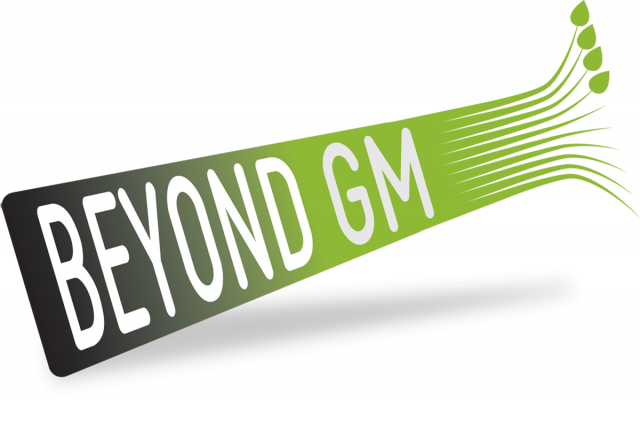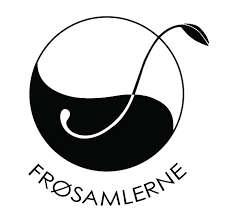You can find current information in our publications and under News.
______________________________________________________________________________________________________
The basis for European patent law, the so-called European Patent Convention (EPC), in essence excludes plants and animals from patentability. As Article 53(b) reads, no patents on plant or animal varieties may be granted:
European patents shall not be granted in respect of: (b) plant or animal varieties or essentially biological processes for the production of plants or animals; this provision shall not apply to microbiological processes or the products thereof.
However, in recent years the European Patent Office (EPO) has granted thousands of patents on plants and animals, mostly eroding these prohibitions in the EPC. There are three crucial areas that need changes to make current prohibitions of patents on plants and animal varieties and essentially biological methods for breeding effective:
1. Definition of “essentially biological processes” It has to be made clear that the term “essentially biological processes” covers all conventional breeding processes, including random mutagenesis, as well as all individual steps in the process, such as selection and / or propagation.
2. Definition of ‘products’ used or derived from breeding It has to be made clear that all “products” used in or emanating from “essentially biological processes” are captured by the exclusion from patentability, including all plant/animal parts, cells and genetic information.
3. Limiting the scope of protection In the context of plant and animal breeding, the EPO must not grant “absolute product protection” which enables a patent on a plant or animal derived from a technical process to be extended to all conventionally bred plants with the same traits.
The necessary changes can be brought about by clarifications in the EU patent directive 98/44/EC, the Implementing Regulations of the EPC, changes to the EPC, or as a first step, in national legislation.
You can find current information in our publications and under News.















